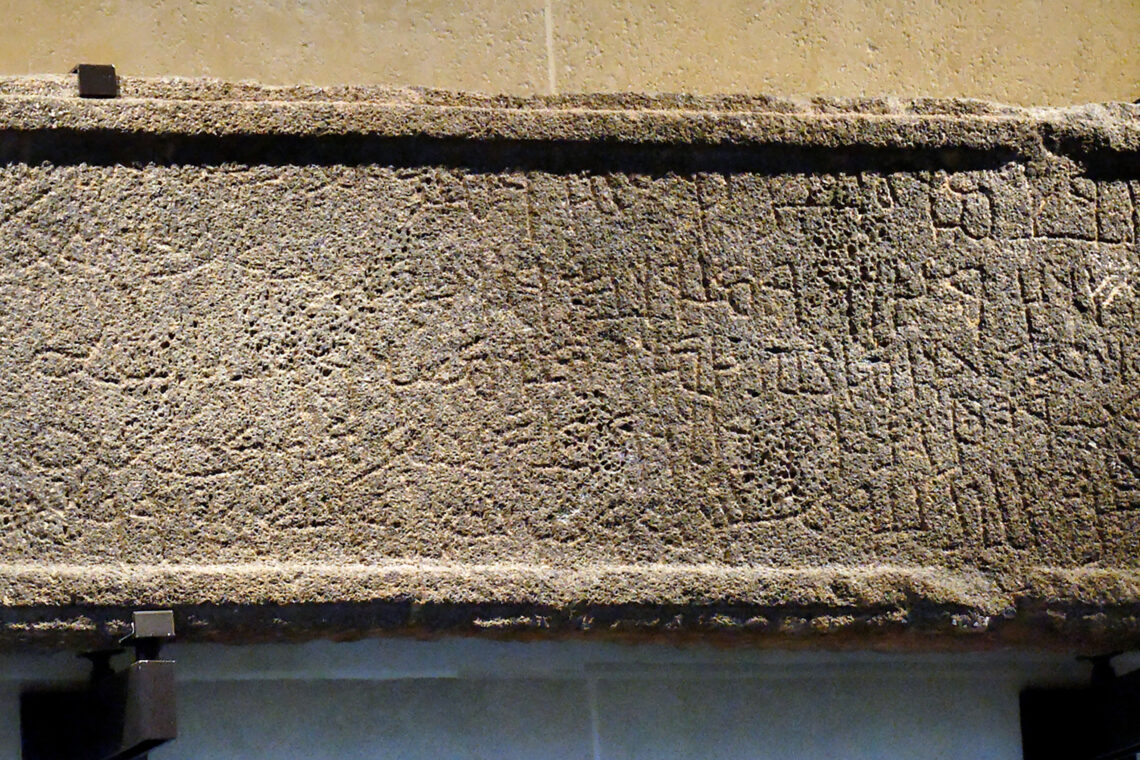Long-term Moroccan immigrants are always haunted by the fear of dying alone in a strange land. The longer they live away from their native places, the more they will know about fellow Moroccans whose lives are cut short by an accident or sudden illness. Some pass away in total obscurity, their coffins carried to cemeteries in the dark days of winter on the shoulders of kind strangers. Others die in the company of family and friends, their news sending waves of sorrow to relatives across the ocean. Some are young students who have just started their lives; others are veteran workers who have spent decades dreaming of going back to their childhood towns and villages.
The death of an immigrant is doubly traumatic, partly because it is often an international affair, one that brings together the two (or more) cultures the deceased has inhabited. It reminds us of how humans are part of one family that is divided by hundreds of boundaries and customs. We feel the same pain (and love), but we grieve (and rejoice) in different languages. That’s how the world is made.
You might think that the end of a rainy summer is what is prompting me to write about this grim topic, or that I just lost someone who is very dear to me. Not at all. I just read a couple of news reports in Le Journal de Tanger and Yabiladi.com about the premature and sudden death of a Moroccan man, a native of Tangier, an accomplished immigrant in France I never met or knew, but whose journey in life I found so moving that I thought I’d share it with Wafiners.
His name is Abdelkader Temsamani and he lived in France for 34 years. He worked as a referee in France’s soccer federation for about two decades. As an activist, he was a tireless defender of the rights of his fellow immigrants, both in France and in Morocco. He worked with marginalized kids in bad neighborhoods and in Versailles, his hometown for many years. Not only was he the president of “Les Amis du Maroc,” a well-known philanthropic organization based in Versailles that brings together Moroccans and French friends of Morocco to do cultural and social work, and to provide badly needed services to Morocco’s poor, but he also recently brought together about 200 Moroccan associations in France under the umbrella of the “Conseil des Marocains de France” to better defend the rights of Moroccans living in France and, indirectly, in other countries. For Mr. Temsamani had been among the first to call for the creation of a ministry of Moroccan expatriates (MRE) and to facilitate MRE’s investment in their native land, a call that is finally being heeded by the government. (MREs are Morocco’s most reliable source of income.)
Committed to cultural dialogue, Mr. Temsamani worked hard to promote the image of a tolerant Islam and was active in building a mosque in Versailles. And while many immigrants return home overloaded with family gifts and home furniture, the late Temsamani always filled his vehicles with medical equipment and medicines for distribution to the handicapped, hospitals, and those in need.
Abdelkader Temsamani loved his native city. He paid careful attention to its changes, praising the new bus system but lamenting the lack of hygiene and the neglect of historic sites. He also wrote for Tangier’s weekly, Le Journal de Tanger, to share some of his views with his fellow Tanjawa.
On July 29, after a long year of typical hard work, he arrived in Morocco for a well-deserved vacation. He called Le Journal to announce his impending visit to the newspaper’s offices. But he never made it. While he was driving with his wife and two daughters near Asilah, he was hit by what doctors call ischaemia, which, from what I gather, means lack of blood flow in the brain. He was immediately transported to a clinic in Tangier and soon entered the coma. All attempts at reanimation failed. The doctors called France for help. By the time a medical plane from France was landing in Tangier’s Ibn Batouta airport, Mr. Temsamani was breathing his last sigh. Destiny had decreed that he would die in his native city on a Thursday and buried the following Friday, August 8th.
Thus we remember a man we never knew because he tried to make the best out of his ghurba, joining the pieces of his life together to empower his fellow Moroccans. We pray for his soul and for the comfort of his family. And we pray for the thousands of other Moroccans who die unremembered, lost in the fringes of hope, drowned in oceans, casualties of a titanic struggle to eke out a living in alien places, people missed by the limelight of history, forgotten by time itself.
May they all rest in peace.




Comments are moderated by the editor and may not appear on this discussion until they have been reviewed and deemed appropriate for posting. All information collected is handled in a manner consistent with our privacy policy.